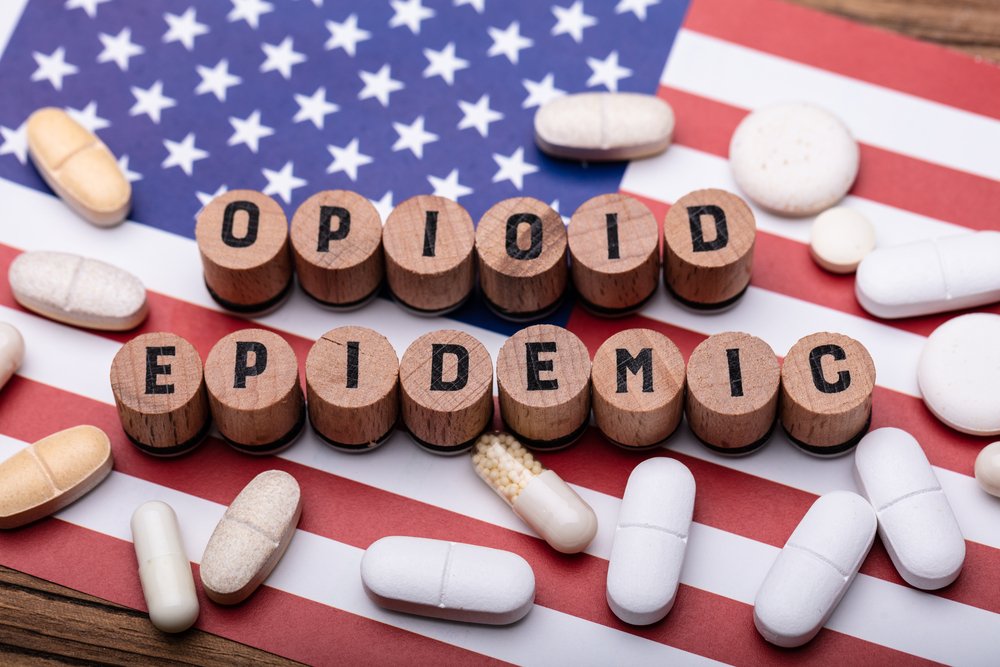Understanding Your Legal Legal Right in a Dangerous Medication Claim
In the realm of pharmaceuticals, navigating the intricacies of a harmful medicine legal action can be daunting. From establishing the legal basis for submitting a lawsuit to considering the alternatives between a class activity and a private claim, there are essential factors to consider to be made.
Legal Basis for Lawsuits
Exploring the legal premises for seeking a hazardous medicine claim needs a thorough understanding of appropriate statutes and criteria. When considering legal action versus a pharmaceutical firm for a harmful medication, one should develop that the medication concerned postured unreasonable risks that were not sufficiently divulged to customers. This normally involves showing that the medication manufacturer fell short to caution around understood risks, misstated the drug's security or effectiveness, or involved in fraudulent marketing methods.
To prosper in a dangerous medication lawsuit, plaintiffs typically depend on lawful theories such as neglect, stringent obligation, or breach of warranty. Negligence claims say that the manufacturer did not work out practical treatment in making sure the security of the medicine. Rigorous obligation holds the maker responsible for any type of flaws in the product, regardless of intent or oversight. Violation of guarantee claims insist that the manufacturer fell short to maintain assurances or assurances regarding the medicine's safety and security or effectiveness.
Kinds of Compensatory Problems
Countervailing problems in a harmful medicine claim include economic restitution awarded to complainants to make up for losses sustained due to the damage brought on by the drug. These damages are created to make the damaged event whole once more, both financially and non-economically. There are 2 primary types of countervailing problems that might be awarded in a hazardous drug lawsuit: financial damages and non-economic damages.

Both non-economic and economic compensatory damages play an important role in ensuring that people damaged by hazardous drugs get ideal settlement for their losses.
Law of Limitations

Missing the statute of restrictions deadline can have major repercussions, as it might result in the situation being rejected by the court. As soon as the statute of limitations has expired, the complainant may lose the right to look for lawful recourse versus the party in charge of the damage triggered by the hazardous medication. Therefore, it is important for individuals considering a dangerous medicine claim to seek advice from a certified lawyer immediately to comprehend and comply with the appropriate law of restrictions in their situation.
Course Activity Vs. Person Suits
Provided the varying law of restrictions in dangerous medicine lawsuits, individuals must learn the facts here now thoroughly weigh the decision in between pursuing a course activity or a private lawsuit. Course action lawsuits include a group of complainants jointly taking legal action against an accused, usually a pharmaceutical firm, for the same issue - in this case, injury created by a dangerous medication.
On the various other hand, private lawsuits offer even more freedom and control to the complainant. By going after an individual lawsuit, a person can customize the lawful technique to their specific situation, potentially bring about a more customized and favorable result. Private legal actions can be more time-consuming, expensive, and might Bonuses result in reduced settlement compared to a successful class action suit. Ultimately, the decision in between a course activity and an individual suit should be based on the person's situations, preferred level of involvement, and the lawful guidance got.
Seeking Lawful Guidance
In browsing the complexities of a harmful medicine legal action, safeguarding experienced lawful counsel is critical for making certain a educated and solid legal technique. When looking for lawful advise for a hazardous medication suit, it is vital to discover a law practice or lawyer with experience in pharmaceutical litigation. These instances often involve detailed medical and scientific details, calling for a lawyer who recognizes both the legal aspects and the medical nuances associated with such claims.
Professional legal advise can assist people comprehend their legal rights, evaluate the have a peek at this site toughness of their situation, and navigate the intricate lawful treatments related to unsafe medication suits. In addition, a competent attorney can give assistance on whether to pursue an individual legal action or join a class-action claim, based on the specific circumstances of the situation.
Moreover, lawful guidance can help in collecting proof, preparing legal documents, discussing with pharmaceutical business or their lawful representatives, and representing customers in court if the case mosts likely to trial. By employing the support of well-informed lawyers, people can boost their opportunities of attaining a positive outcome in an unsafe drug suit.

Verdict
To conclude, understanding your legal rights in an unsafe medicine lawsuit is essential in seeking settlement for any kind of injury created. Understanding the legal basis for suits, sorts of countervailing damages readily available, statute of limitations, and the difference in between course action and private suits can help people navigate the lawful procedure successfully. Seeking lawful guidance is important in ensuring your legal rights are secured and advocating for the settlement you are entitled to.
Countervailing problems in a dangerous medicine legal action incorporate monetary restitution granted to plaintiffs to compensate for losses sustained due to the harm created by the medicine.The statute of restrictions in a hazardous medication suit develops the timeframe within which a plaintiff have to file a lawful case against the liable party for the injury triggered by the drug.Provided the differing statute of constraints in dangerous medication lawsuits, individuals should carefully evaluate the choice in between pursuing a class activity or an individual claim. Individual suits can be extra time-consuming, costly, and might result in reduced compensation compared to a successful class activity legal action. Knowing the legal basis for lawsuits, types of countervailing problems available, law of limitations, and the difference in between course activity and specific suits can assist individuals navigate the lawful procedure properly.